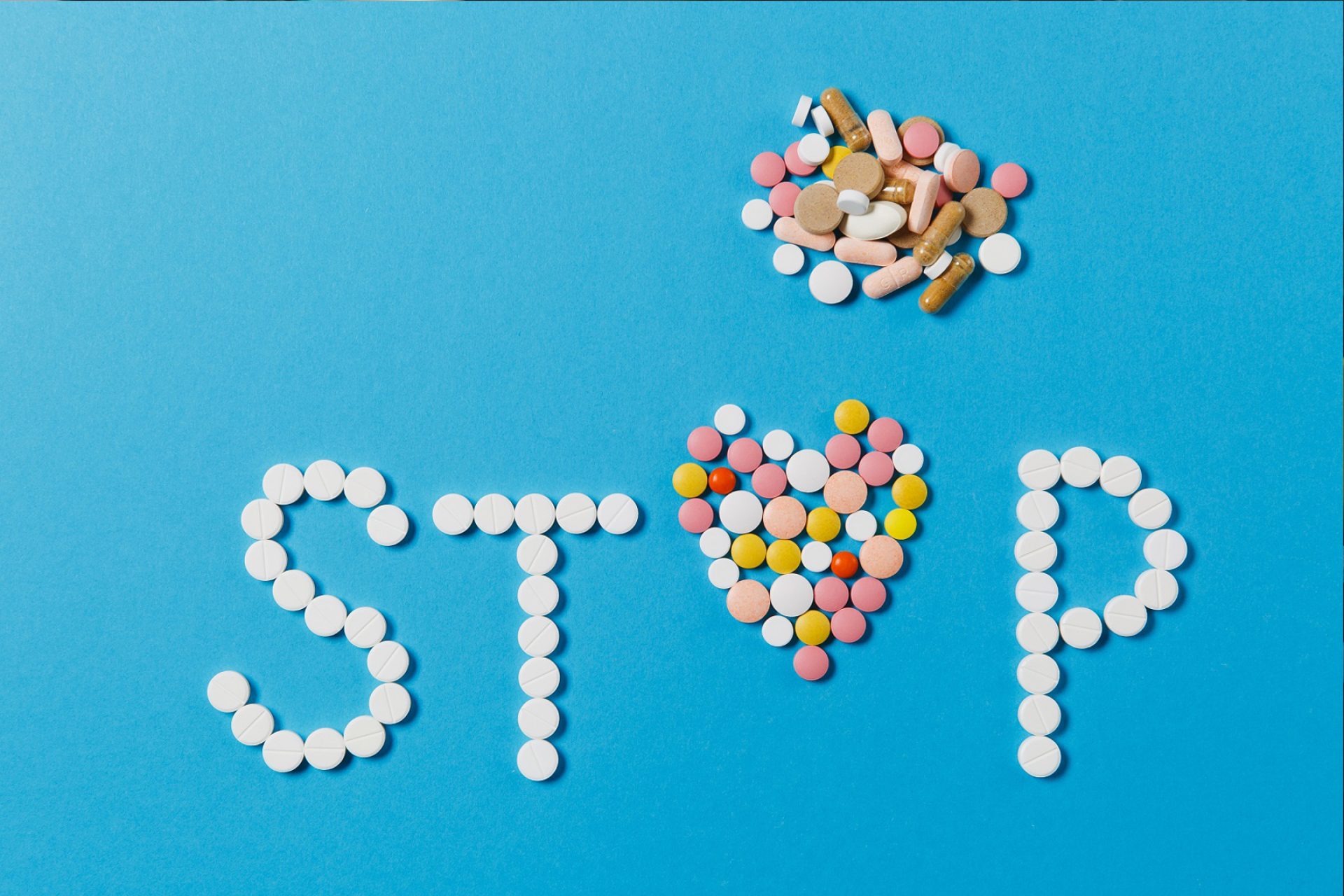Prescription drug addiction is a growing public health concern. It affects people of all ages and backgrounds. What often starts as a legal medication can quickly turn into a life-altering dependency. Recognizing the signs and symptoms early can help prevent serious harm. Understanding the problem is the first step toward recovery.
What is Prescription Drug Addiction?
Prescription drug addiction happens when someone misuses medication. This could mean taking higher doses than prescribed or using the drug without a prescription. Some people take these drugs to feel good. Others become dependent after using them for pain or anxiety. Over time, the body and brain adjust to the medication. This creates tolerance, dependence, and eventually, addiction.
Commonly Abused Prescription Drugs
Not all prescription drugs are addictive. But certain types are more commonly misused. These include:
- Opioids (for pain) – like oxycodone, hydrocodone, and morphine
- Benzodiazepines (for anxiety/sleep) – like Xanax, Ativan, and Valium
- Stimulants (for ADHD) – like Adderall, Ritalin, and Concerta
Each of these drugs affects the brain in different ways. But all can lead to addiction when misused.
Early Signs of Prescription Drug Misuse
Recognizing early warning signs can prevent addiction from worsening. Here are some red flags to watch for:
- Taking pills more often than prescribed
- Increasing the dose without medical approval
- Visiting multiple doctors for more prescriptions (doctor shopping)
- Using medication for non-medical reasons (e.g., to get high)
- Hiding drug use or lying about it
- Becoming defensive when questioned about medication use
- Stealing or borrowing pills from others
Physical Symptoms of Addiction
Prescription drug addiction often causes noticeable physical changes. These symptoms vary depending on the type of drug, but may include:
For Opioids:
- Slurred speech
- Drowsiness or extreme sleepiness
- Slow breathing
- Nausea and vomiting
- Itching or flushed skin
For Benzodiazepines:
- Poor coordination
- Blurred vision
- Dizziness
- Memory problems
- Slowed reaction time
For Stimulants:
- Rapid heartbeat
- High blood pressure
- Sweating
- Restlessness or hyperactivity
- Loss of appetite
These symptoms may appear gradually or suddenly, depending on the level of use.
Behavioral and Emotional Signs
Addiction also changes how a person behaves and feels. Watch for:
- Mood swings or irritability
- Anxiety or paranoia
- Depression or sadness
- Loss of interest in hobbies or social life
- Neglecting responsibilities at home, work, or school
- Risk-taking or dangerous behavior
- Withdrawal from family and friends
Over time, these changes may become more severe, affecting every part of a person’s life.
Tolerance and Withdrawal
Two clear signs of prescription drug addiction are tolerance and withdrawal.
- Tolerance means the person needs more of the drug to get the same effect.
- Withdrawal occurs when the drug is stopped, and the body reacts negatively.
Common withdrawal symptoms include sweating, shaking, irritability, nausea, headaches, anxiety and cravings. Withdrawal can be uncomfortable and even dangerous. That’s why professional help is often necessary.
Why People Struggle to Stop?
Many people with prescription drug addiction want to stop but can’t. This is not due to weakness or lack of willpower. Addiction affects the brain’s reward system. The drug becomes a way to feel normal. Fear of withdrawal and shame can also keep people stuck. Without help, the cycle is hard to break.
Getting Help
The good news is that help is available. Treatment works, and recovery is possible. Options include:
- Medical detox to safely manage withdrawal
- Inpatient rehab for structured care
- Outpatient programs for flexible treatment
- Therapy and counseling to address the root causes
- Support groups to stay on track
Prescription drug addiction is a serious but treatable condition. Knowing the signs and symptoms is key to early intervention. If you or someone you care about is struggling, don’t wait. Reach out for help. Recovery is possible. Every step forward matters.






